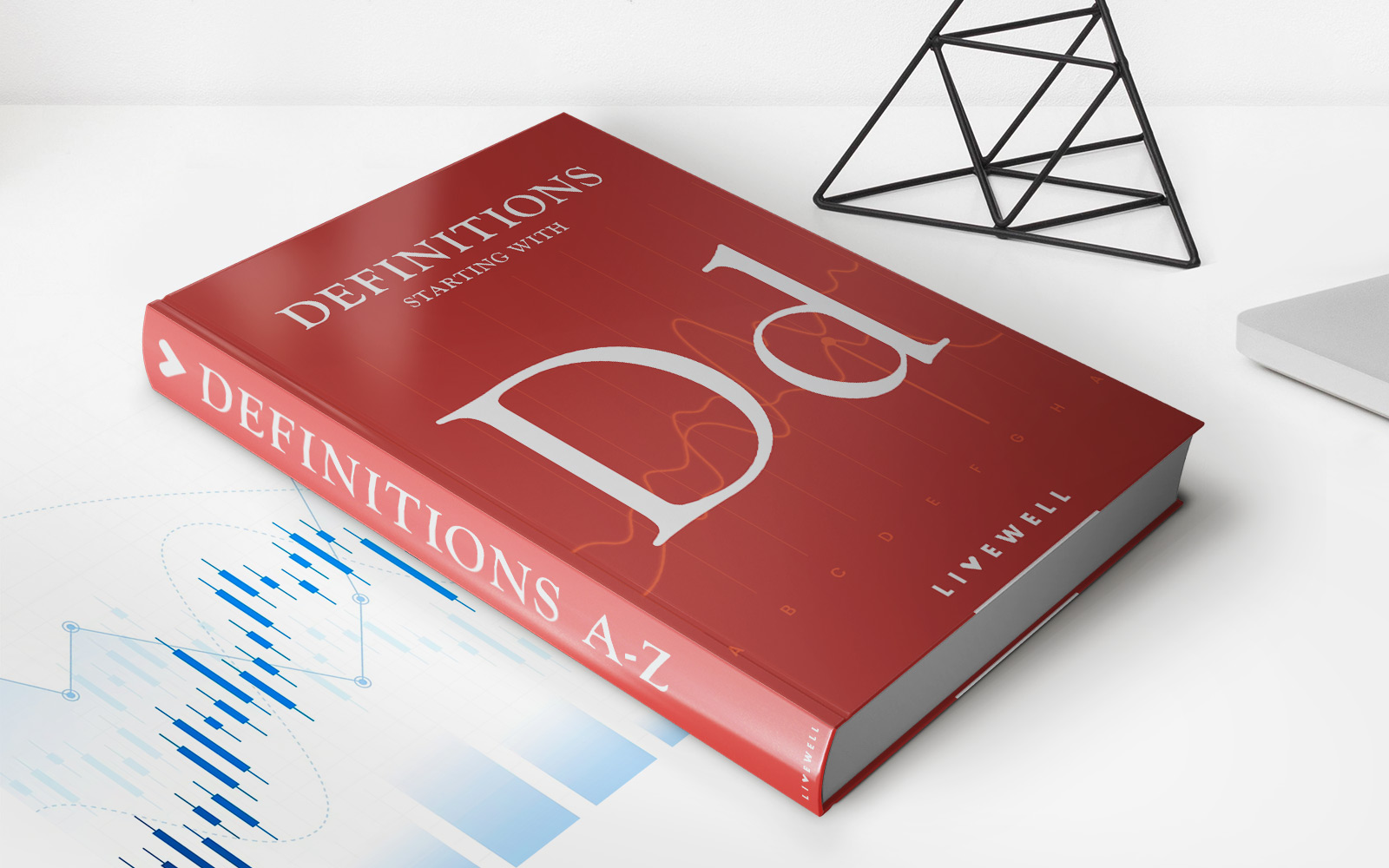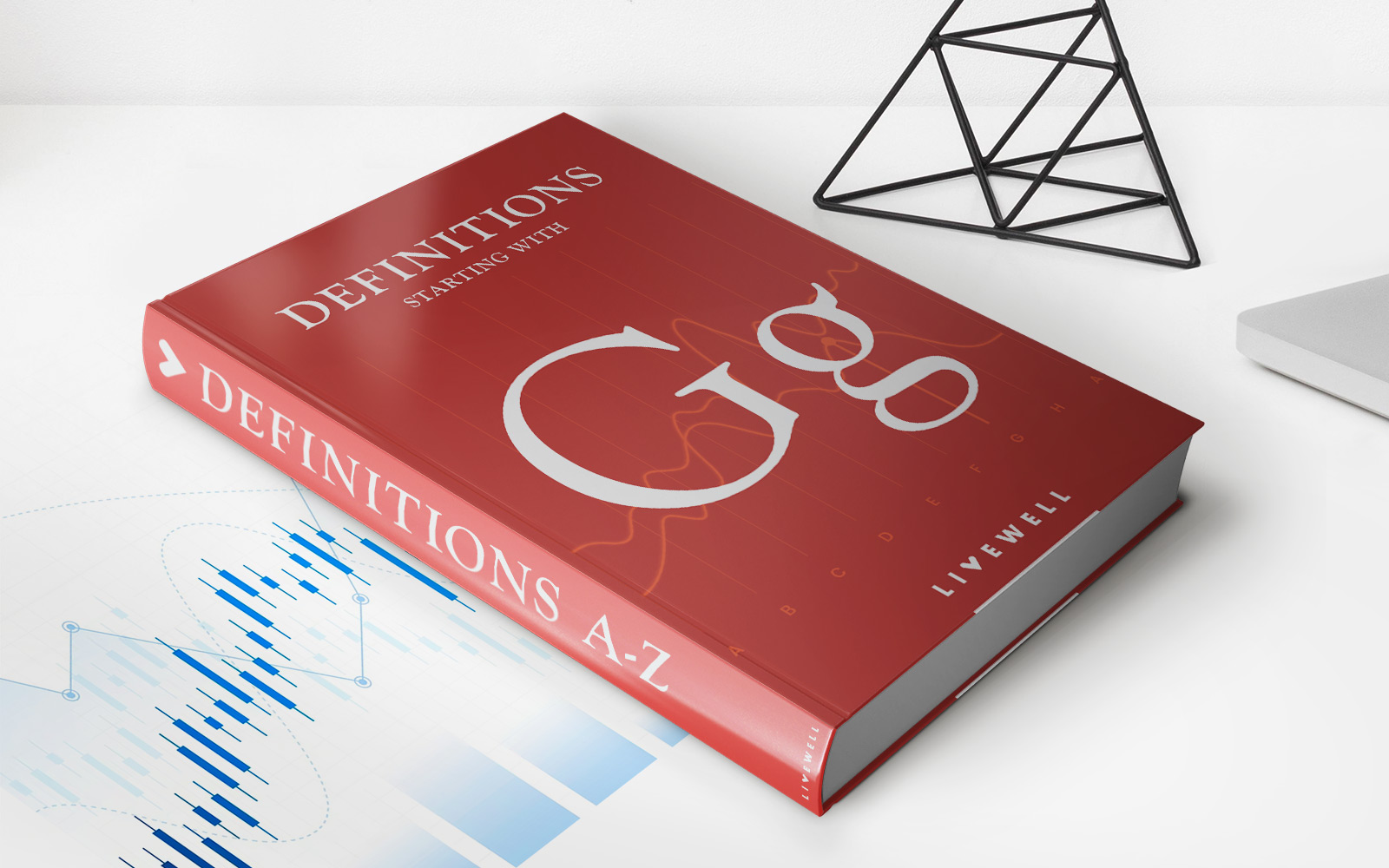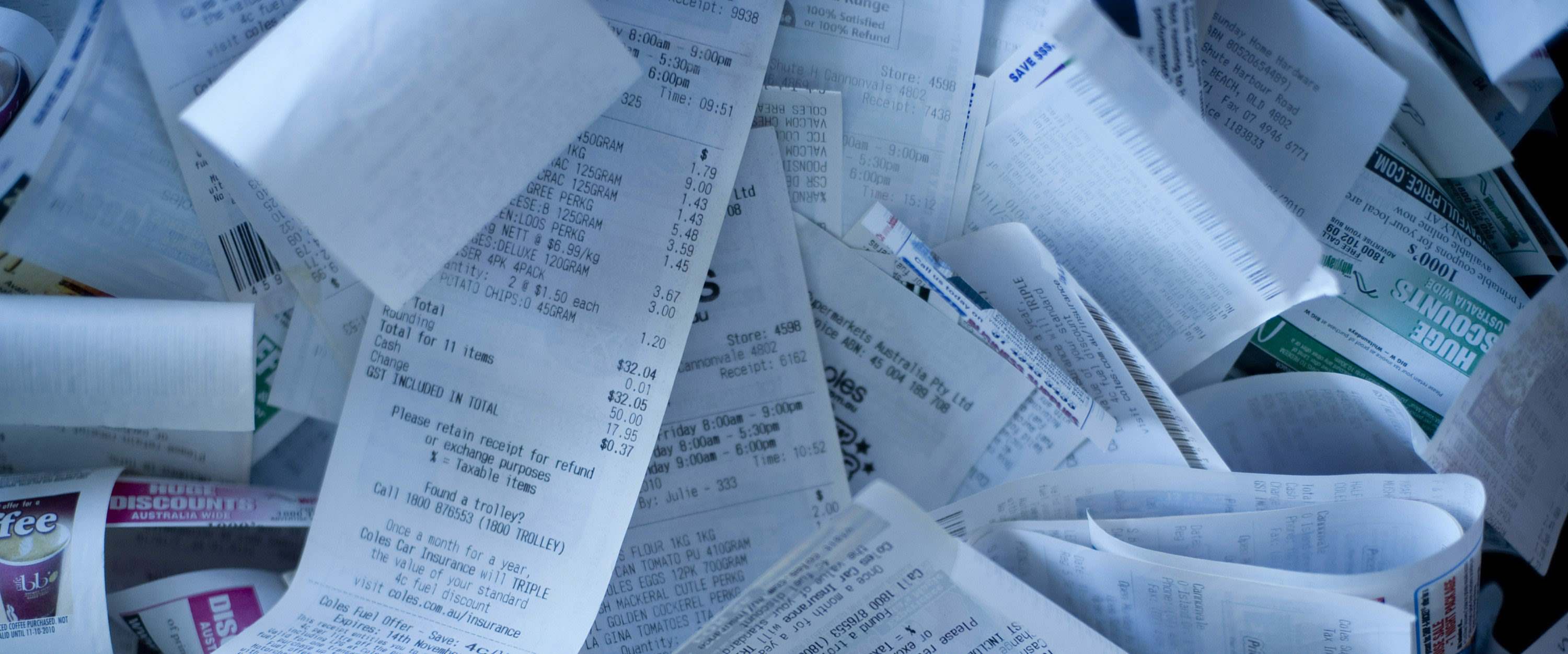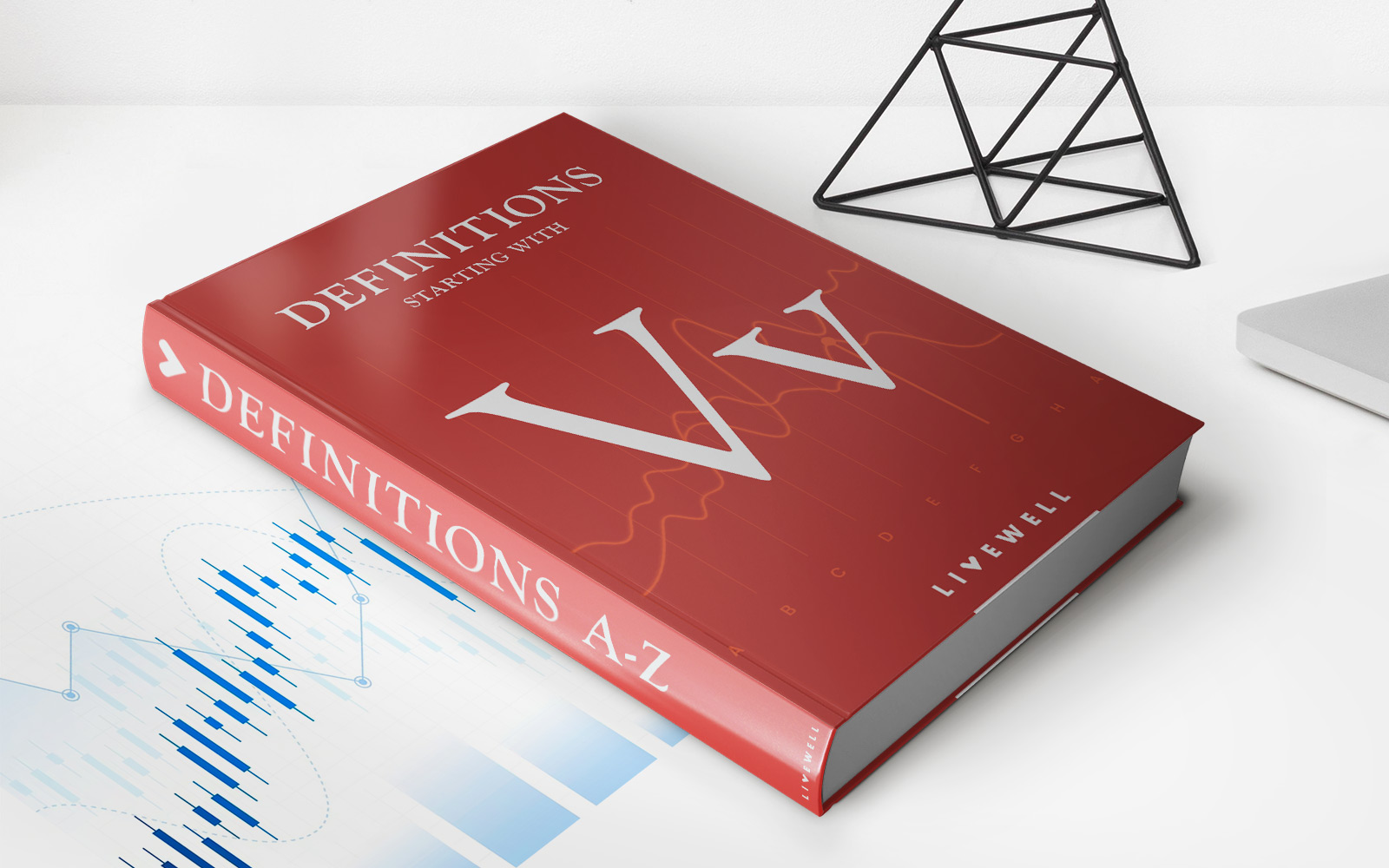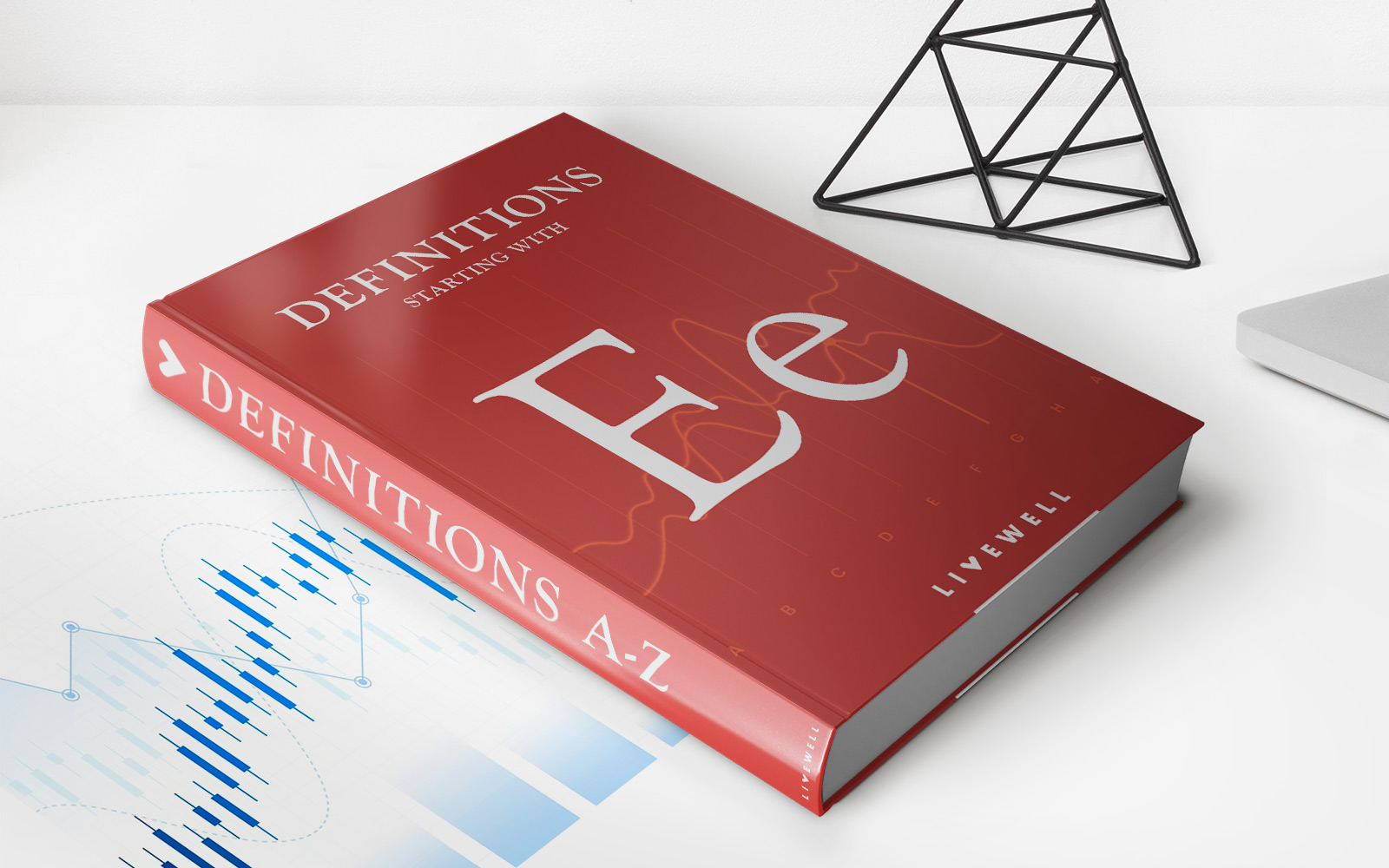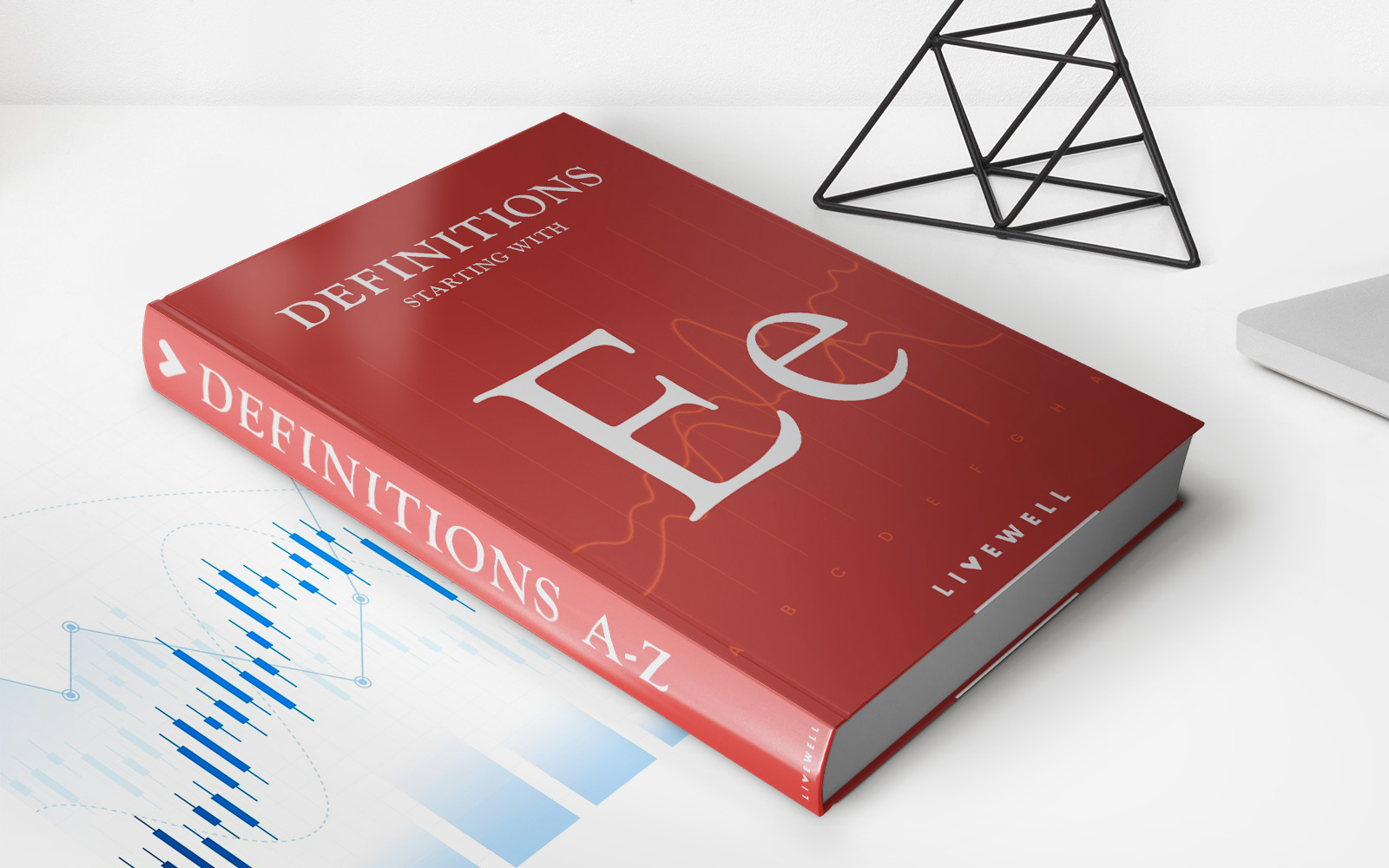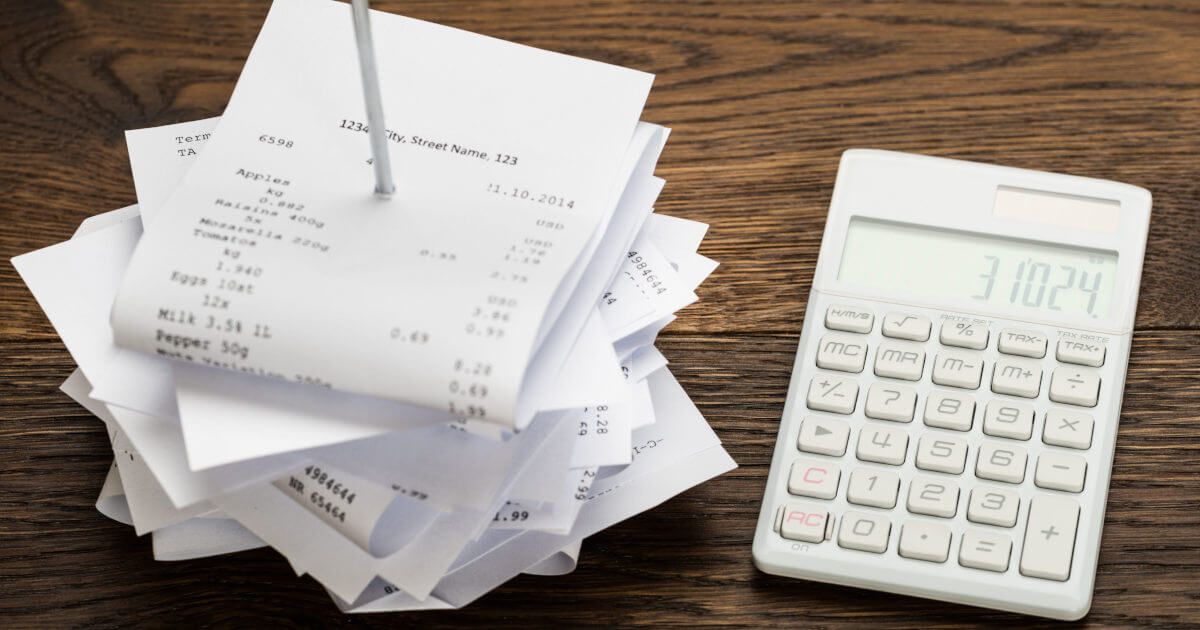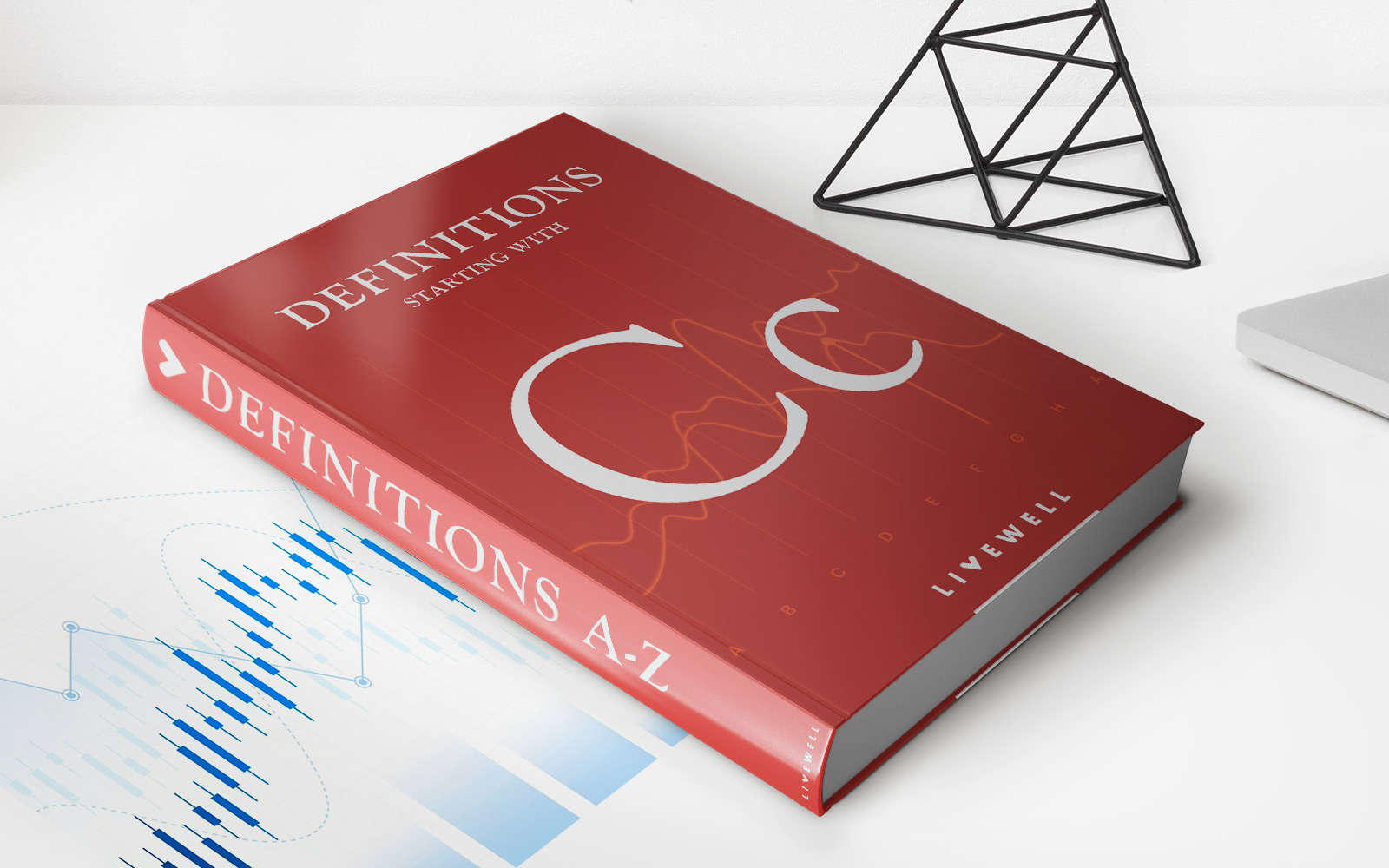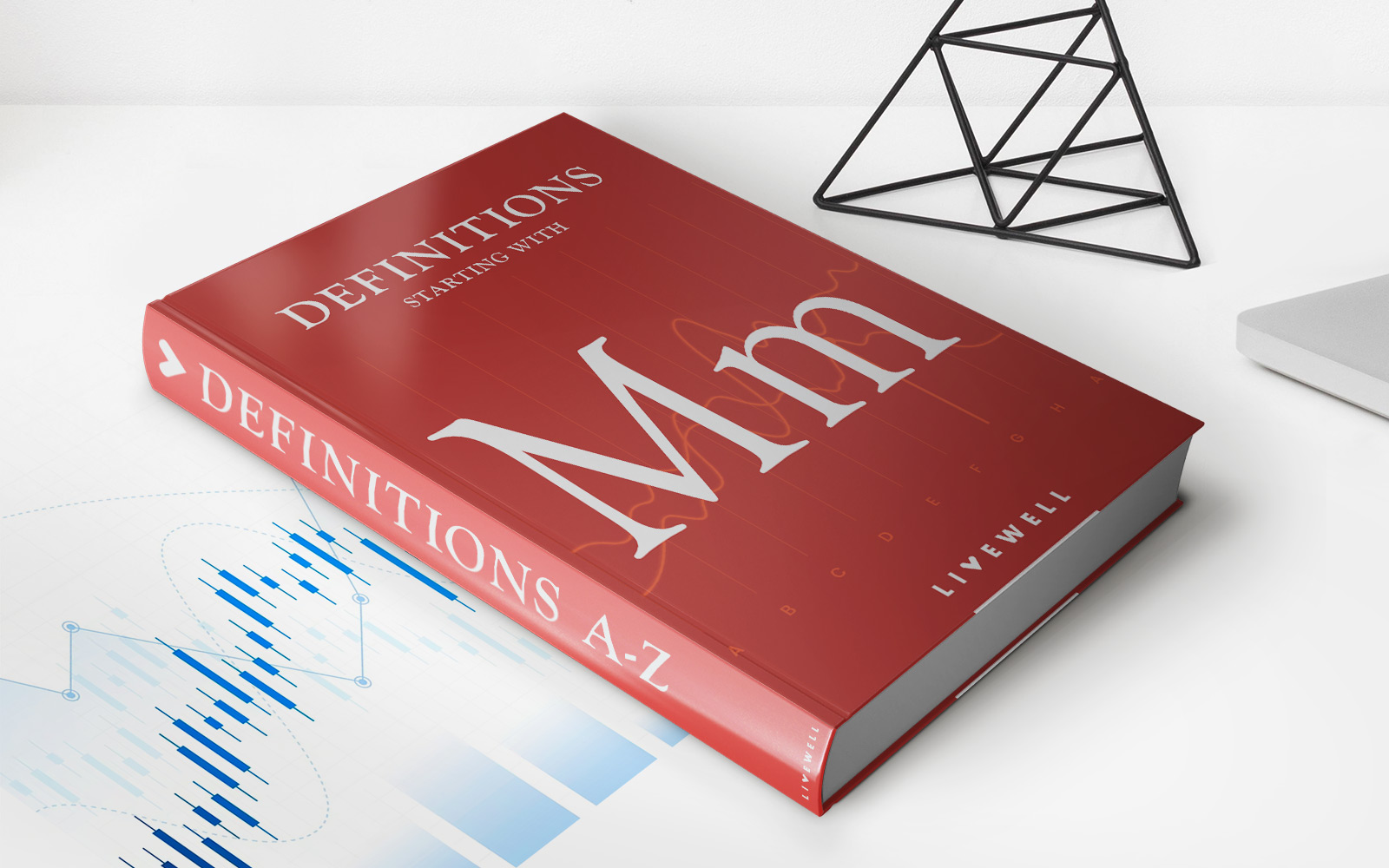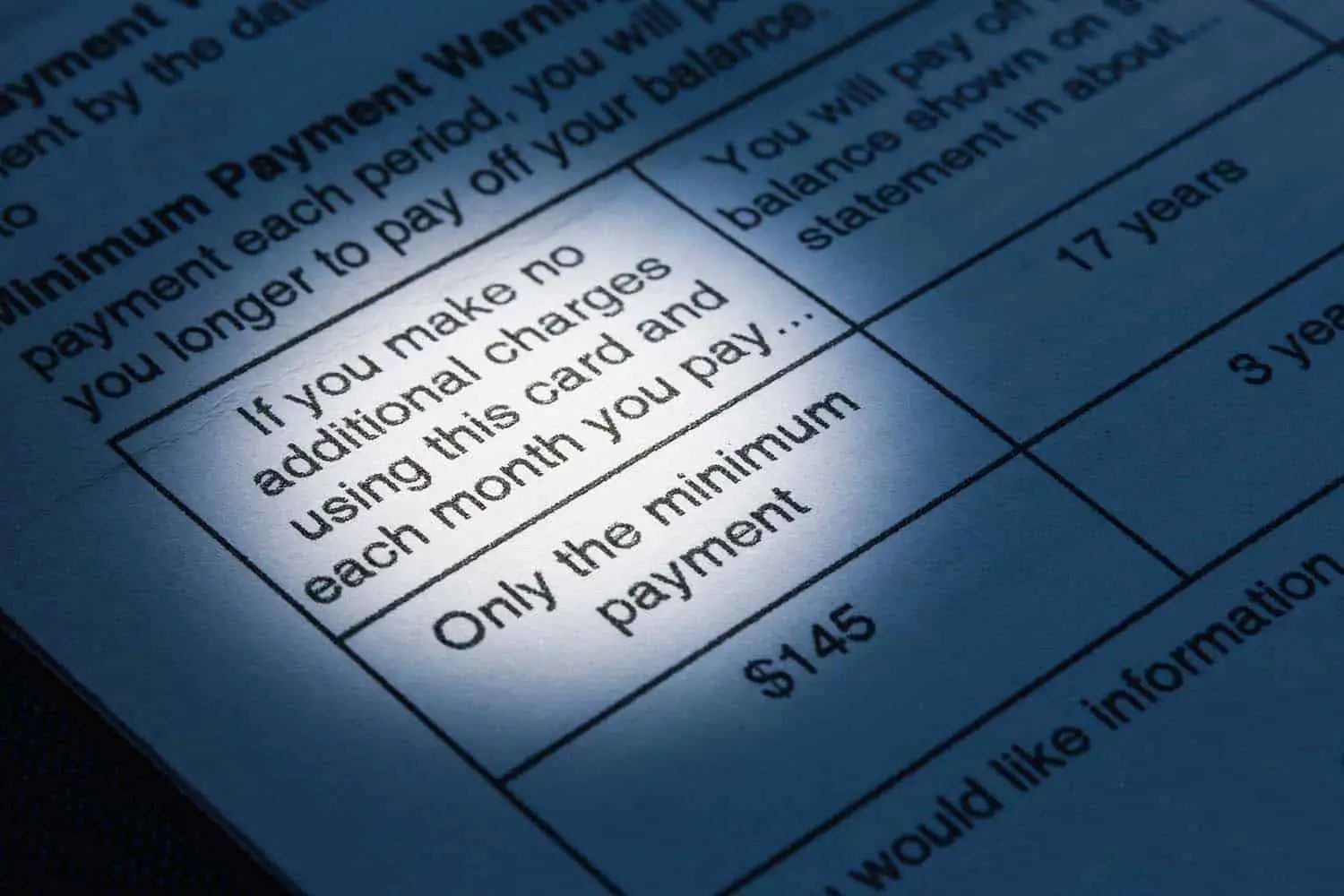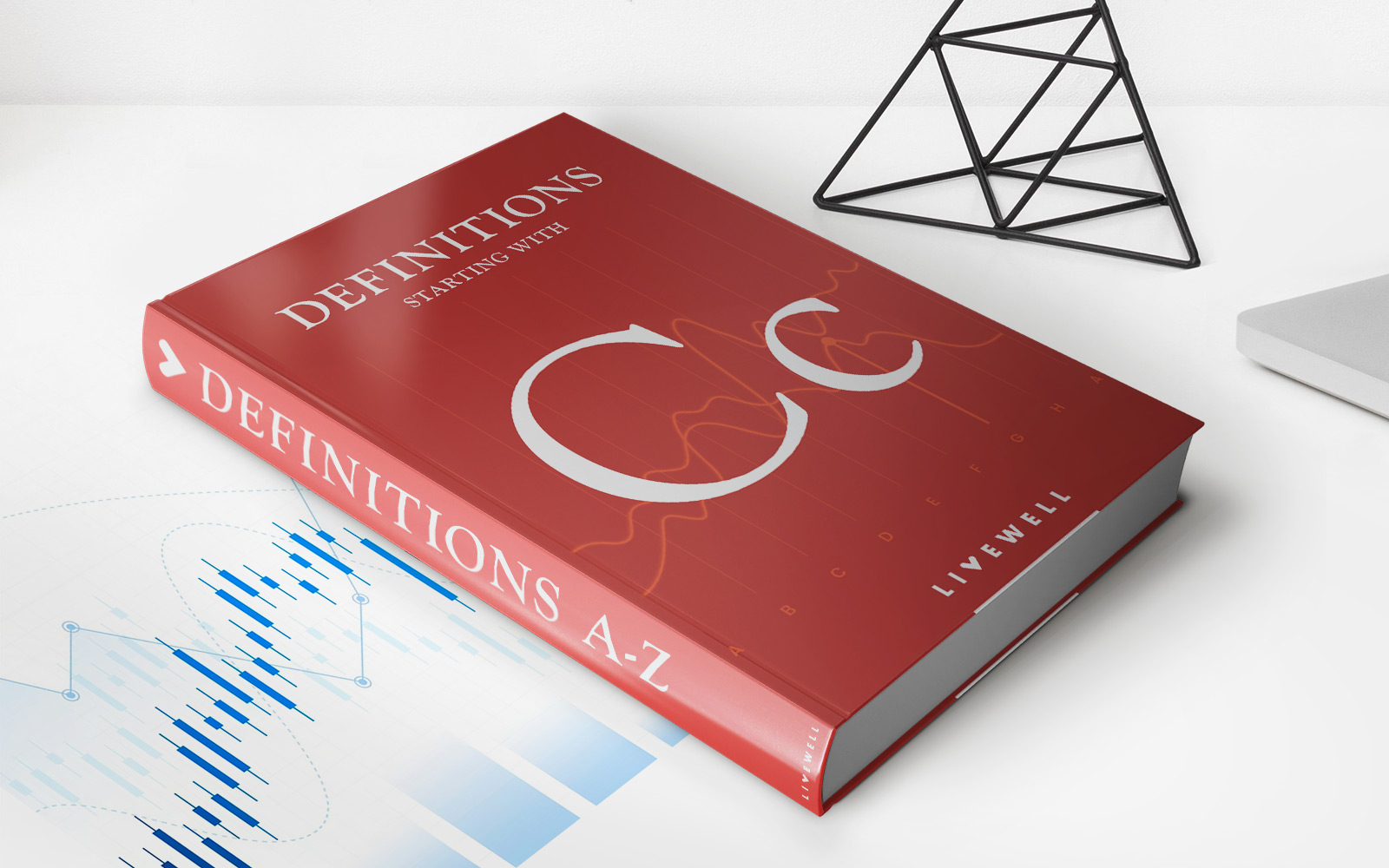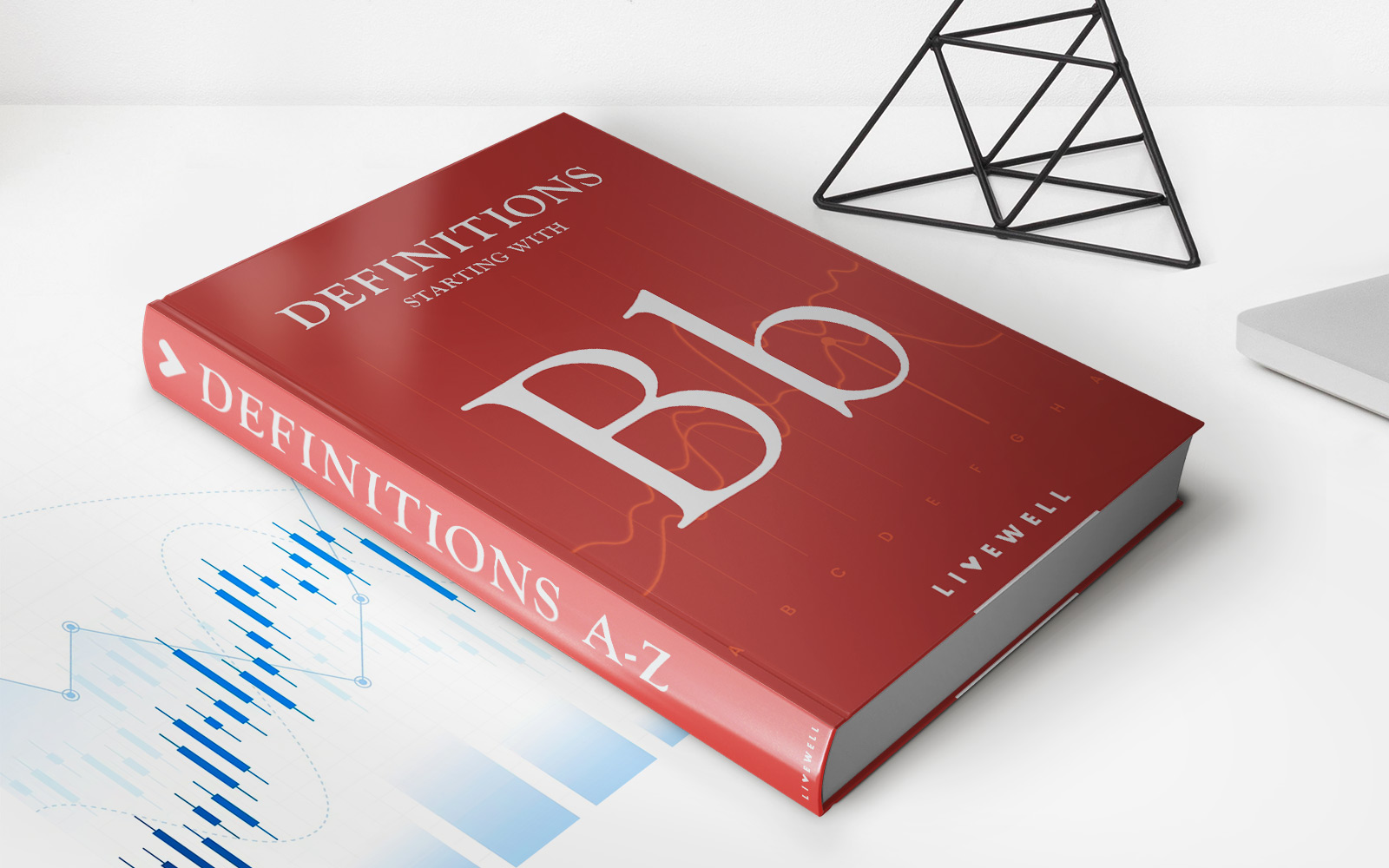Home>Finance>Global Depositary Receipt (GDR) Definition And Example
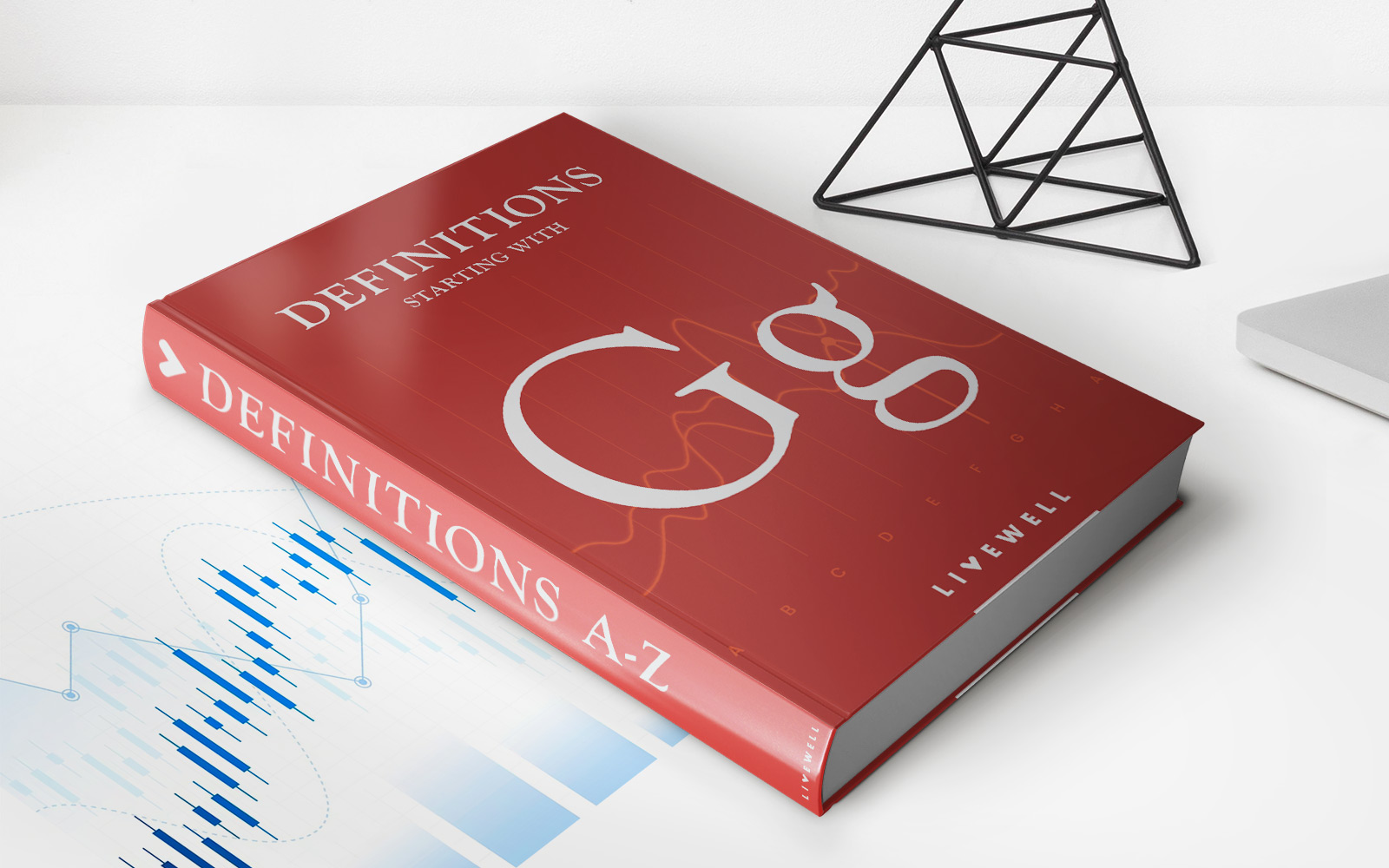

Finance
Global Depositary Receipt (GDR) Definition And Example
Published: November 30, 2023
Discover the meaning and usage of Global Depositary Receipts (GDR) in the finance field. Explore examples and gain insights into their significance.
(Many of the links in this article redirect to a specific reviewed product. Your purchase of these products through affiliate links helps to generate commission for LiveWell, at no extra cost. Learn more)
Global Depositary Receipt (GDR) Definition and Example
Welcome to the Finance category of our blog! In this post, we will explore a key financial instrument called Global Depositary Receipt (GDR). If you’re wondering what a GDR is and how it works, you’ve come to the right place.
A Global Depositary Receipt (GDR) is a financial instrument that allows investors to hold shares of foreign companies even if they are not listed on a domestic stock exchange. GDRs are typically issued by a bank in the investor’s home country and represent a specific number of shares in the foreign company. By purchasing GDRs, investors can tap into the potential of global markets and diversify their investment portfolios.
Key Takeaways:
- GDRs allow investors to hold shares of foreign companies.
- They are issued by banks in the investor’s home country.
Now, let’s dig a bit deeper into how GDRs work. Suppose you are an investor in the United States and want to invest in a large company based in Japan. However, the company’s shares are only listed on the Tokyo Stock Exchange, which means they are not directly accessible to you as a U.S. investor.
In this scenario, a U.S. bank might issue GDRs for the Japanese company. These GDRs are then made available to U.S. investors to purchase, representing a specific number of shares in the Japanese company. By buying these GDRs, you effectively gain exposure to the performance of the Japanese company, even though you do not hold the actual shares listed on the Tokyo Stock Exchange.
GDRs can be traded on major global stock exchanges, such as the London Stock Exchange and the Luxembourg Stock Exchange. They are often denominated in U.S. dollars or euros, making them easily accessible to international investors. This opens up new investment possibilities and allows investors to participate in the growth of foreign companies, even from afar.
The benefits of investing in GDRs are numerous:
- Diversification: By investing in GDRs, investors can diversify their portfolios and reduce the risk associated with being too heavily invested in a single country or industry.
- Access to Global Markets: GDRs provide a gateway to investing in foreign companies that may not be accessible through domestic stock exchanges.
- Currency Flexibility: GDRs are often denominated in major currencies, providing investors with flexibility in managing their foreign currency exposure.
However, it is important to note that investing in GDRs also carries certain risks. These can include currency fluctuations, political instability in the foreign country, or regulatory changes that may impact the valuation and liquidity of the GDRs.
In conclusion, Global Depositary Receipts (GDRs) are valuable tools that allow investors to access and invest in foreign companies. They provide diversification, global market exposure, and currency flexibility. However, investors should carefully consider the potential risks involved before making investment decisions. If you’re interested in expanding your investment horizons and exploring opportunities in foreign markets, GDRs could be a great option to consider.
